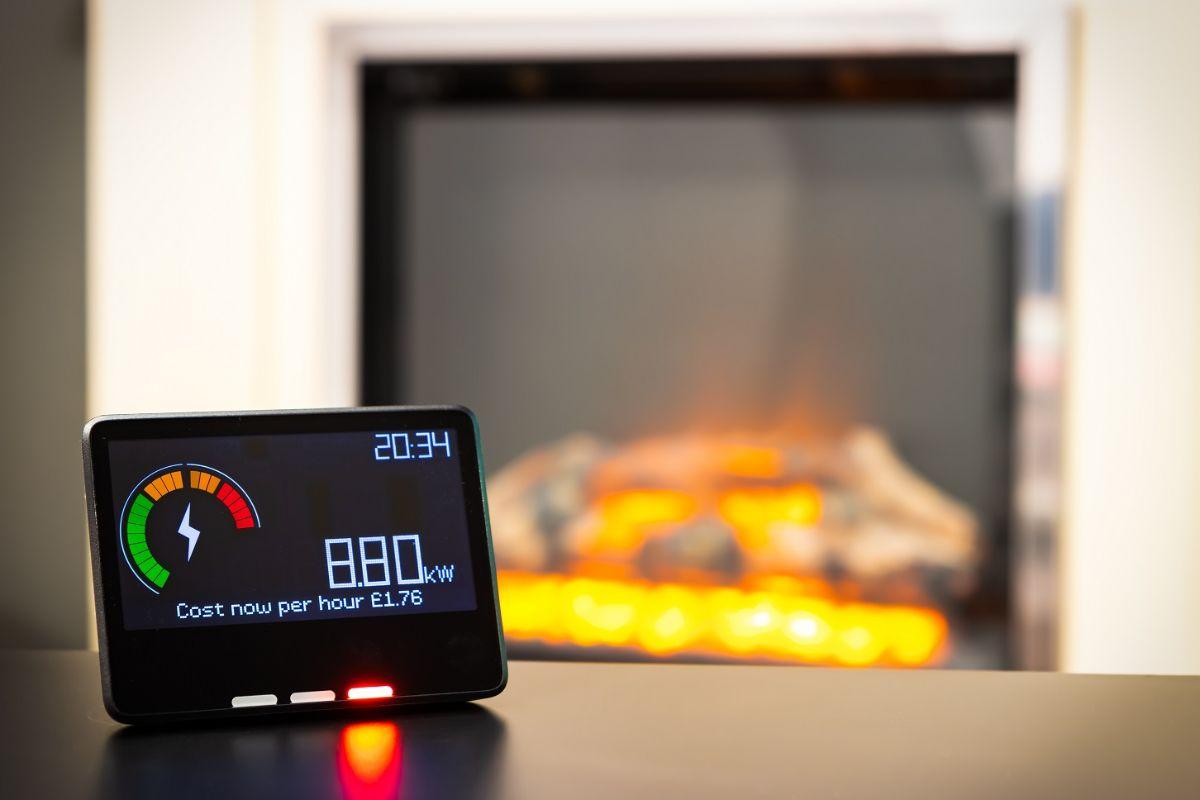
If you are struggling to pay your energy bills during the winter months, you could be eligible for the Warm Home Discount scheme, which means you may be able to take £140 off your electricity bill.

As temperatures plummet to below freezing and energy costs soar,
tenants across the country are struggling to keep on top of their energy bills.
A knock-on effect for landlords can mean a rise in rent arrears and a demand
for better EPC ratings.
In our blog we’ve picked five top tips from the government’s Help for Households article on how to save energy costs this winter. Keep reading to learn how
you and your tenants can save up-to £350 a year by using these simple energy-saving
hacks.
1. Turn your combi boiler flow temperature down
A water flow rate tells your boiler how much hot water
should be sent around your house.
Usually, boiler flows are set around 70
Cost saving: Up to £100 per year.
2. Turn down radiators in rooms you don’t use
If you’re not using a room, turn down your radiator to
around 2.5-3 (roughly 18°C).
Turning off your radiators in rooms you don’t use may sound
like a good option, however, this is less energy efficient than turning them
down.
Cost saving: Up to £70 per year.
Watch the video to learn more.
3. Turn appliances off at the socket
In most cases, electrical appliances such as televisions
will draw power continually unless unplugged. If you’re not using your
appliance switching it off at the socket can make a big difference in the long
run.
Cost saving: Up to £70 a year.
4. Wash clothes at a lower temperature
Changing the temperature of your washing machine from 40°C to
30°C means you can wash more clothes while using less energy.
Cost saving: Up to £40 per year
5. Ditch the tumble dryer
Tumble dryers are one of the most energy-intensive devices
in your home. Try using less frequently or ditching it completely and using a maiden to dry
your clothes.
Cost saving: Up to £70 per year.
These top tips are a great way to save money on energy
bills, however, it’s likely the government’s plans to strengthen EPC’s will be
introduced in 2025, meaning your rental property could need energy performance
improvements. To learn more read letsmove's EPC report today.